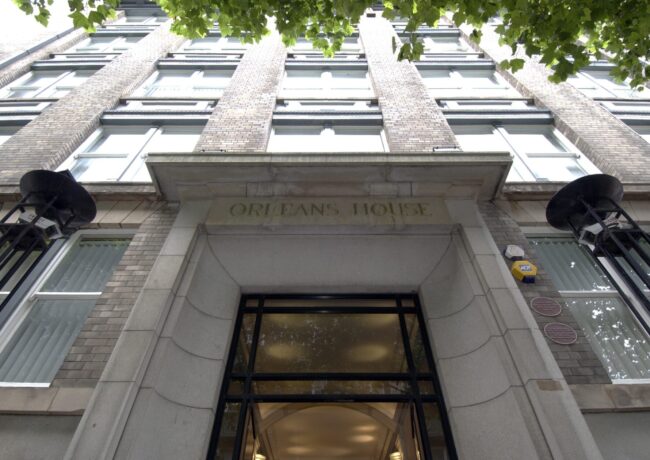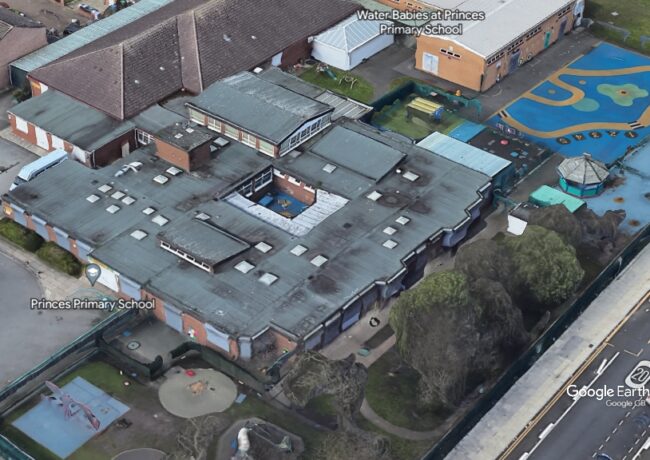Orleans House to become flats
At this morning’s planning meeting, Liverpool City Council approved the restoration and refurbishment of an office within the city’s commercial district into 71 apartments, despite objections over loss of office space.
The grade two-listed Orleans House in Edmund Street is owned by Bruntwood, and was designed by Matear & Simon and built in 1907. The property was originally used as a warehouse for Liverpool’s Cotton Exchange, which is next door and is also owned by Bruntwood.
The residential conversion of the six-storey block has been designed by Brock Carmichael, with The Planning Studio also advising Bruntwood.
In March 2015 Bruntwood announced that it was set to spend £5m on an overhaul of the building, although work did not begin. Since 2014 office occupiers in Orleans House have gradually been vacated.
According to the design and access statement submitted by Brock Carmichael with the application “the reduction in the demand for this type of commercial space has resulted in an oversupply within the Liverpool market. Orleans House has been under occupied for an extensive period of time.”
Objections submitted to the council regarding the project focus on the loss of commercial space, due to Orleans House’s prominence within the business district. Some outlined concerns that the conversion to residential would undermine the district’s ability to attract office occupiers in the future, and could potentially signal to investors that they would be better based in Manchester.
Objectors also queried the extent of Bruntwood’s efforts to attract office occupiers, and stressed that “commercial property of all grades is needed to support the growth of the city region economy”.





I don’t like this.
By Elephant
Agree, not good to lose more office space.
By Shak
Shak, is the space not being lost because the office demand isn’t there and alternative uses are the viable alternatives?
By observe
no demand for grade b offices, tenants only want grade a
By man on road
You’re saying that there are no businesses in Liverpool that want affordable offices? Cities need available office space at all price points. There is a lack of available space at the moment and not much coming forward. It’s not ideal.
By Shak